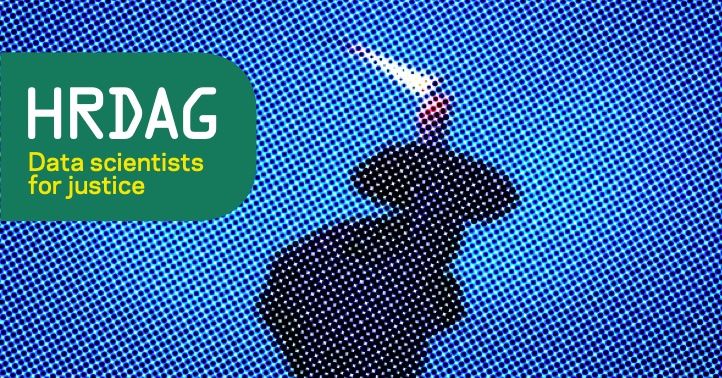
- This event has passed.
Using Data to Prosecute Genocide

Using Data to Prosecute Genocide. Patrick Ball and Marta Elena Casaus. New America Foundation, May 29, 2013.
***
On May 10, 2013, Guatemala made history when General Efraín Ríos Montt became the first former head of state to be tried and convicted for genocide in the courts of his own country.
The trial revisited one of the most brutal cases of government repression in the Western Hemisphere—a 34-year civil conflict forged by the Cold War in which military-dominated regimes engaged in the systematic killing, rape, torture, and abuse of its own people. By the war’s end in 1996, an estimated 200,000 people had been killed, and 1.5 million had been displaced.
On May 20, 2013, Guatemala’s Constitutional Court ruled in favor of challenges to the proceedings filed by Ríos Montt’s attorneys. It is unclear whether the case will be re-tried or whether only certain aspects of the case will be heard again. What this will mean for the defendants, for Guatemala and for the word remains uncertain.
The conviction of Ríos Montt decades after he lead Guatemala during one of the bloodiest periods of its long civil war provides a critical opportunity to reckon with questions about the country’s often-overlooked genocide. What does the trial and conviction of Ríos Montt mean for the people of Guatemala? What lessons can be learned from this case about prosecuting other leaders for genocide and crimes against humanity? And what responsibility does the United States bear for policies that supported and enabled brutal regimes in Guatemala, in other Latin American nations and around the world?
This event is co-sponsored by the New America Foundation, Arizona State University’s School of Politics & Global Studies and Lincoln Center for Applied Ethics, as well as CUNY/Lehman College’s Center for Human Rights and Peace Studies and the School of International Relations at the University of St. Andrews.
